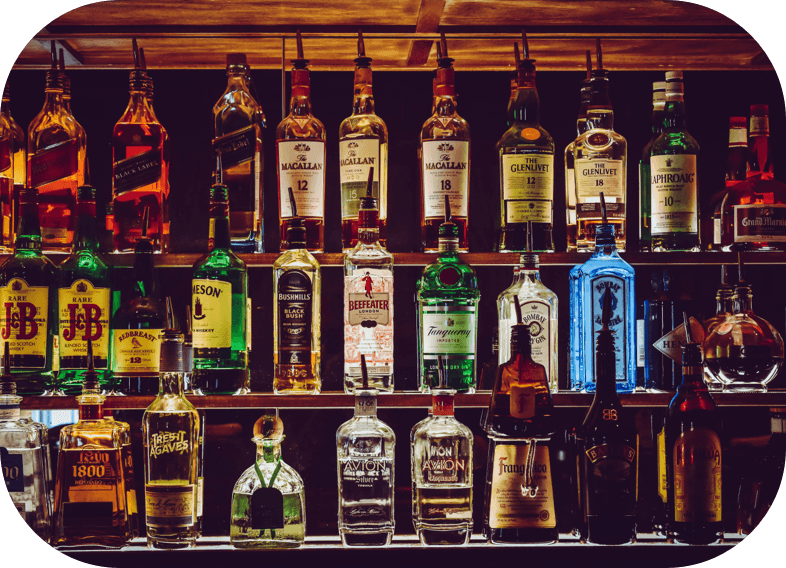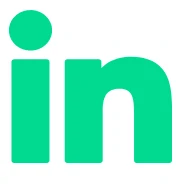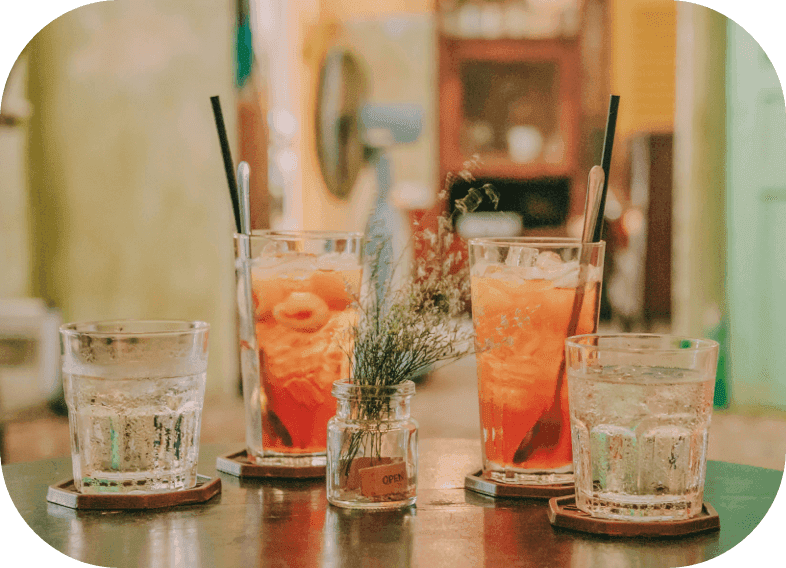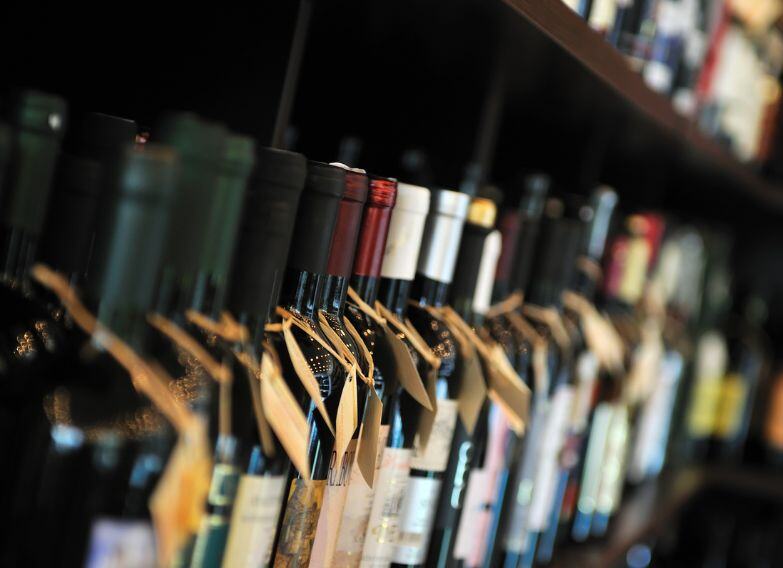As industry game-changing events go, the spirits industry has seen some doozies in the past three years. Starting with the global pandemic in 2020-2021, spirits brands have seen consumers’ habits change to include a growing preference for direct-to-consumer (DTC) beer, wine, and alcohol sales. The ongoing war of Russian aggression in Ukraine has forced several Russian vodkas from the market, leaving the space open for new vodka voices to enter the worldwide scene.
According to ISWR Drinks Market Analysis, beer and wine sales have stalled globally, but spirits have enjoyed growing sales to alcohol consumers, especially gin brands. As innovative brands ramp up their spirits marketing machines to take advantage of this shift in consumer preferences, the time is right for alcohol brands, large and small, to find their niche in the industry.
The brands we’ll mention below have seized liquor industry opportunities to their benefit, and you can replicate their spirits marketing success by emulating these five tactics.
1. Invest in your spirits marketing
Leading spirits brands like Diageo know when the market gets tough, the spirits marketing budget should grow. Following the industry losses due to the global pandemic and subsequent supply chain issues, Diageo did anything but retreat into the industry’s background.
Instead, they grew their spirits marketing spend in 2022 by 27%, and the market repaid them with a 22.5% increase in profits.
A healthy spirits marketing budget is vital to your brand’s success. Marketing your spirits helps them stand out in a crowded industry and find ways to connect with your ideal audience. The key to influential spirits marketing is knowing your buyer and tailoring your message to resonate with them.
2. Embrace spirits influencers
Influencer marketing means partnering with popular social media profiles to encourage more sales. Retail brands identify an influencer on the social media platform their customers use (usually Instagram, TikTok, or Facebook) and ask them to promote their products in exchange for free merchandise or a fee.
Alcohol brands typically use social media personalities who showcase themselves mixing new drinks or trying and reviewing beverages. If they like the product, they’ll encourage their followers to buy it, increasing brand sales and expanding their audience reach. (We explain how to use TikTok influencers for your alcohol brand here.)
Cognac brand Martell was battered by the pandemic in 2020, but they staged a sales comeback by partnering with American singer Janelle Monáe to sell the brand. Diageo has enjoyed similar success promoting Tanqueray with the help of Stanley Tucci.
But you don’t have to have star power or abundant endorsement money to work with an influencer. Thanks to the ubiquity of social media platforms, influencers come in all budgets.
In fact, it may benefit your brand to find an influencer with a small but mighty following in every country where you sell your products. Influencers with smaller audiences are often perceived as more authentic, meaning you can make more meaningful, personal connections for your brand.
3. Extoll your brand’s virtues
Industry sales trends indicate that consumers now strongly prefer beer, wine, and alcohol brands that are sustainable, locally made, or perceived as “healthier.” Brands that can showcase the provenance of their ingredients or the real human connection in their supply chain have a leg-up against their competitors.
For example, UK gin brand Whitley Neill has seen success with the launch of their Oriental Spiced Gin. This drink boasts ingredients like coriander, ginger, chilli, cumin, saffron, star anise, and grains of paradise, so the consumer sees it as healthier.
The Distilled Spirits Council of the US reports that, among other industry trends, consumers are becoming less interested in sugary drinks and show more preference for savoury flavour profiles that seem kinder to the waistline.
Craft beers have the inside track on beer sales right now, with the EU seeing an increase of thousands of breweries in operation between 2020 and 2021. Even prominent players like Anheuser-Busch are repositioning their alcohol product line to include craft beers.
Because the market is swinging to a preference for small, niche, and bespoke, there’s an opportunity for emerging brands to use their size to their advantage. Draw on what’s genuine and honest about your brand, what’s raw and unadulterated in your craft spirits. Then, tell your audience about your craft spirits business with authenticity.
4. Explore new markets
Moving into new global markets has helped many big-name alcohol brands grow in the past few years. The Latin American and Caribbean markets, in particular, have offered success for spirits brands.
Buchanan’s scotch whiskey has seen a whopping 72% sales increase in those markets, especially in Paraguay, Uruguay, and Brazil, where its growth hit double digits. Diageo, ever an innovator in the industry, helped gin brand Gilbey’s surpass the million-case sales mark in 2021 with a 67.6% sales increase, primarily due to skyrocketing popularity in Kenya.
The DTC alcohol market is a massive opportunity for spirits companies. The internet has leveled the playing field in many ways, not least of all small brands’ ability to advertise and sell to markets that would have been out of their reach pre-web.
With DTC alcohol sales tools (like Tipple!) available to make customs clearance, pick-and-pack, and delivery a cinch, there’s no better time to begin your plans for market expansion.
5. Nail the fulfilment process
As consumers opt to order alcohol online and drink at home, a seamless fulfilment process for online orders has never been so important. There’s a lot to consider when you sell alcohol across borders, such as tax compliance, customs clearance, storing your products safely, and ensuring an excellent customer delivery experience.
Moving into the global alcohol industry can be intimidating, but with the right fulfilment partner, clearing customs, packing, shipping, and delivering your alcohol products can be completely hassle-free.
When your alcohol product arrives on time and intact in the hands of professional fulfilment personnel, your DTC alcohol customers are more likely to recommend your company and buy from you again (and again).
Key takeaways
If you’re ready to get started growing your brand, here are the next steps we suggest:
-
Take a hard look at your marketing budget. Is it big enough to meet your goals? Could you add more to the bottom line? It may seem counterintuitive, but successful companies don’t just happen - they spend a large portion of their budget on marketing.
-
Find a drinks influencer for your brand: Research the influencers on your social media platforms of choice to find ones whose followers match the demographics of your ideal customers. Reach out to them to explore how they prefer to work with brands and the range of fees they charge.
-
Identify your brand’s USPs: Your brand has unique selling points (USPs) that will resonate with your ideal consumers. But it’s up to you to identify and communicate them. Research the preferences of your customers and write down your company’s USPs. Then explore where the two lists overlap.
-
Keep an eye on industry growth: Sign up for industry or research group newsletters to keep a close eye on where growth is heading for your alcohol product. This will help you find new markets that might welcome your product.
-
Research an order fulfilment partner: You might not be shipping your product across borders just yet, but when you start, you’ll want the support of an expert order fulfilment company. Now is the time to find a few good options, so make a list of must-haves for your fulfilment company and start researching.
Take the worry out of your new market growth by partnering with Tipple
We’re your one-stop shop for selling alcohol DTC in Europe, handling every part of the fulfilment process, from automated tax compliance to cross-border parcel delivery.
Sign up today to see if Tipple is the right software for selling your spirits in a competitive - but thrilling - European alcohol market.






